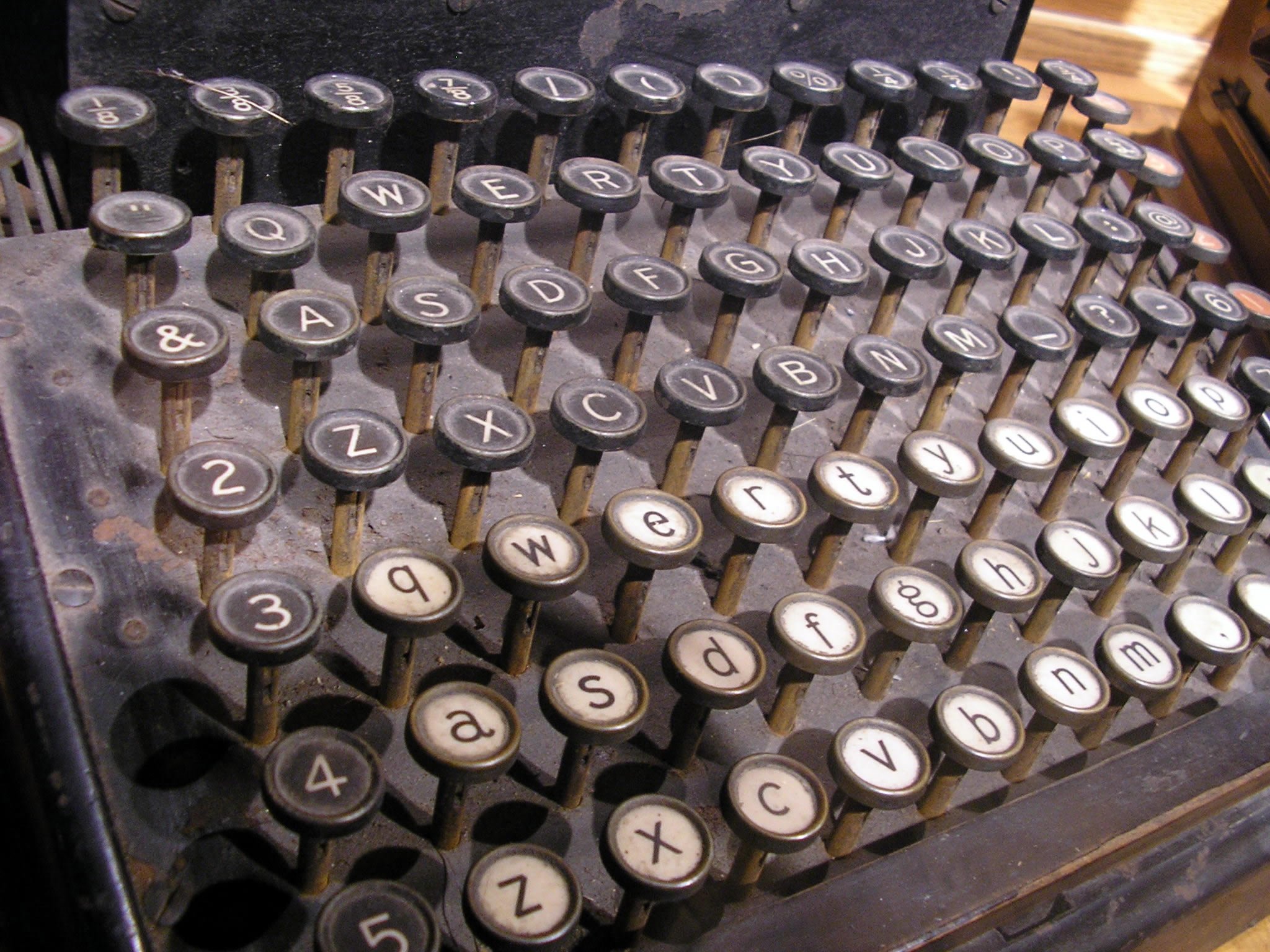 The other night I was watching Wael Ghonim’s TED lecture: Inside the Egyptian Revolution. Earlier this week I blogged about the TED lectures and what they are doing right when it comes to online video. Ghonim is the Egyptian Google executive who many credit with jumpstarting Egypt’s democratic revolution with the Facebook page: We are all Khaled Said. He tells the inside story of the revolution and the role of social media. That no one was a hero because everyone was a hero. The main point of his lecture can be summed up in this quote from Ghonim’s interview on 60 Minutes: "Our revolution is like Wikipedia, okay? Everyone is contributing content, [but] you don't know the names of the people contributing the content. This is exactly what happened. Revolution 2.0 in Egypt was exactly the same. Everyone contributing small pieces, bits and pieces. We drew this whole picture of a revolution. And no one is the hero in that picture."
The other night I was watching Wael Ghonim’s TED lecture: Inside the Egyptian Revolution. Earlier this week I blogged about the TED lectures and what they are doing right when it comes to online video. Ghonim is the Egyptian Google executive who many credit with jumpstarting Egypt’s democratic revolution with the Facebook page: We are all Khaled Said. He tells the inside story of the revolution and the role of social media. That no one was a hero because everyone was a hero. The main point of his lecture can be summed up in this quote from Ghonim’s interview on 60 Minutes: "Our revolution is like Wikipedia, okay? Everyone is contributing content, [but] you don't know the names of the people contributing the content. This is exactly what happened. Revolution 2.0 in Egypt was exactly the same. Everyone contributing small pieces, bits and pieces. We drew this whole picture of a revolution. And no one is the hero in that picture."
I don’t need to jump on the band wagon and draw the obvious comparisons between the power of social media in politics, culture and business. In light of world politics and natural disasters it seems a bit crass to equate democratic revolutions in the Middle East with selling more phone apps on Facebook. I also don’t want to get into the debate of whether this is the dawn of a glorious new age or the end of civilization as we know it. In the February 14, 2011 edition of The New Yorker Adam Gopnik reviews the current crop of books about how the internet and social media are affecting us in The Information: How the Internet gets inside us. He divides the social critics into three categories: the Never-Betters, the Better-Nevers, and the Ever-Wasers. The Never-Betters believe we are on the verge of a “new utopia, where information will be free and democratic, news will be made from the bottom up, love will reign, and cookies will bake themselves.” While the Better-Nevers think “that we would have been better off if the whole thing had never happened, (and) that the world… is coming to an end.” I tend to fall into the Ever-Wasers who insist “that at any moment in modernity something like this is going on, and that a new way of organizing data and connecting users is always thrilling to some and chilling to others—that something like this is going on is exactly what makes it a modern moment.”
While I was growing up television destroyed my generation and was on the verge of destroying the movie industry. This is the same movie industry that prevented my parents from ever enjoying a novel. Of course novels and the poetry of Byron corrupted 19th century youth. Revolutionaries in the 18th Century used pamphlets to foment revolutions in America and France. But revolutionaries in Egypt used Facebook and Twitter. These are the new forums for culture, politics, and the arts as well as the more crass pursuits such as business, commerce and sex. There is nothing good or bad about it, it is just the way things are. Will life be better because of it? I don’t know, but it will be different. My job is to help small businesses navigate these changes. If you want to see if I can help you, contact me and let me know.
I would like to hear your opinions on the changes of modern life. Do you think they are good, bad or just different? Leave a comment below.
Illustration credit: We are all Khaled Said



